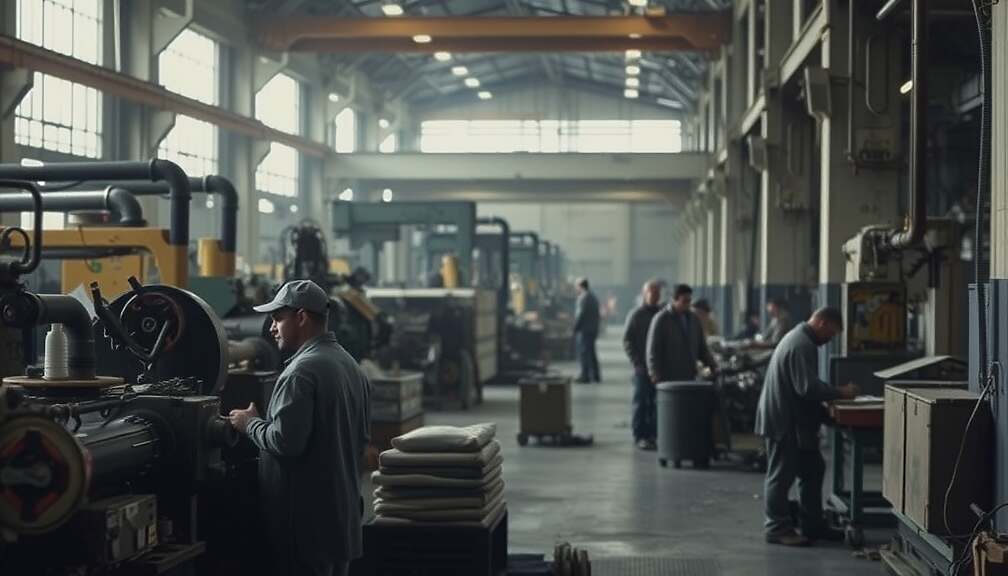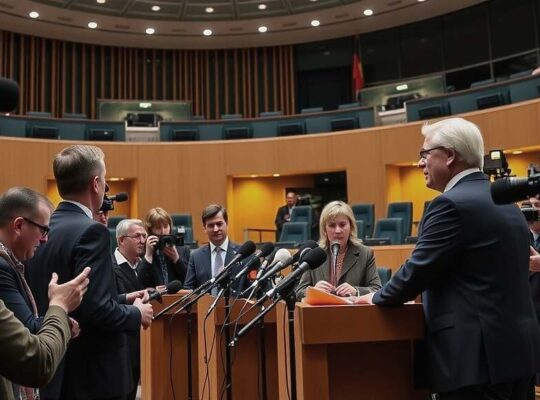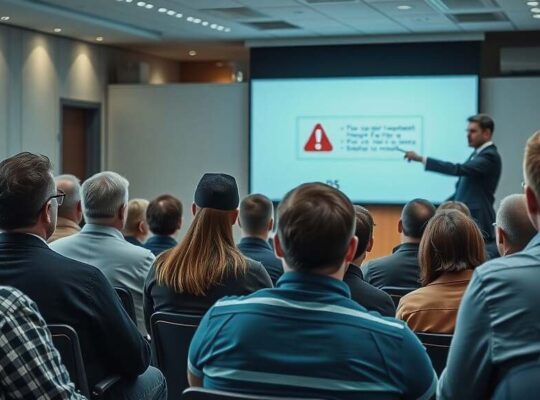Volkswagen, Europe’s largest automaker, is accelerating its workforce reduction plan, raising concerns about the social and economic impact of the transition to electric mobility. According to sources within the company, confirmed by a Volkswagen spokesperson, over 25,000 employees have already secured contractual agreements to leave the company. While the spokesperson stated that over 11,000 departures occurred since the end of 2023 across Volkswagen’s ten German facilities, the discrepancy in figures highlights a reliance on phased retirement schemes, or “Altersteilzeit” which are gradually being implemented.
Indications suggest approximately 18,000 employees are currently engaged in these phased retirement arrangements, a figure the company declined to comment on. Volkswagen’s stated goal is to reduce its workforce in Germany by approximately 35,000 by the end of the decade, shrinking the employee base from nearly 130,000 to below 100,000. Critically, the company asserts it intends to avoid compulsory redundancies, opting instead for what it terms “socially compatible instruments” like severance packages, phased retirement and standard retirement entries.
However, the heavy reliance on “Altersteilzeit” has drawn scrutiny. Critics argue this strategy effectively sidesteps the more difficult and potentially disruptive, process of identifying and retraining employees whose roles are becoming obsolete in the shift towards electric vehicle production. While the company frames the approach as socially responsible, it raises questions about the long-term implications for remaining employees, who may face increased workloads and pressure to adapt to rapidly changing skill requirements.
Furthermore, the lack of explicit detail regarding the roles and departments most impacted by these workforce reductions leaves room for speculation and anxiety among employee representatives and unions. The transparency regarding the skillset evolution needed across the various business units within Volkswagen remains a concern, potentially hindering the effectiveness of retraining initiatives and jeopardizing the seamless transition towards a fully electric future. The success of Volkswagen’s ambitious electrification strategy may ultimately hinge not only on technological advancements but also on how effectively the workforce transformation is managed and communicated.












